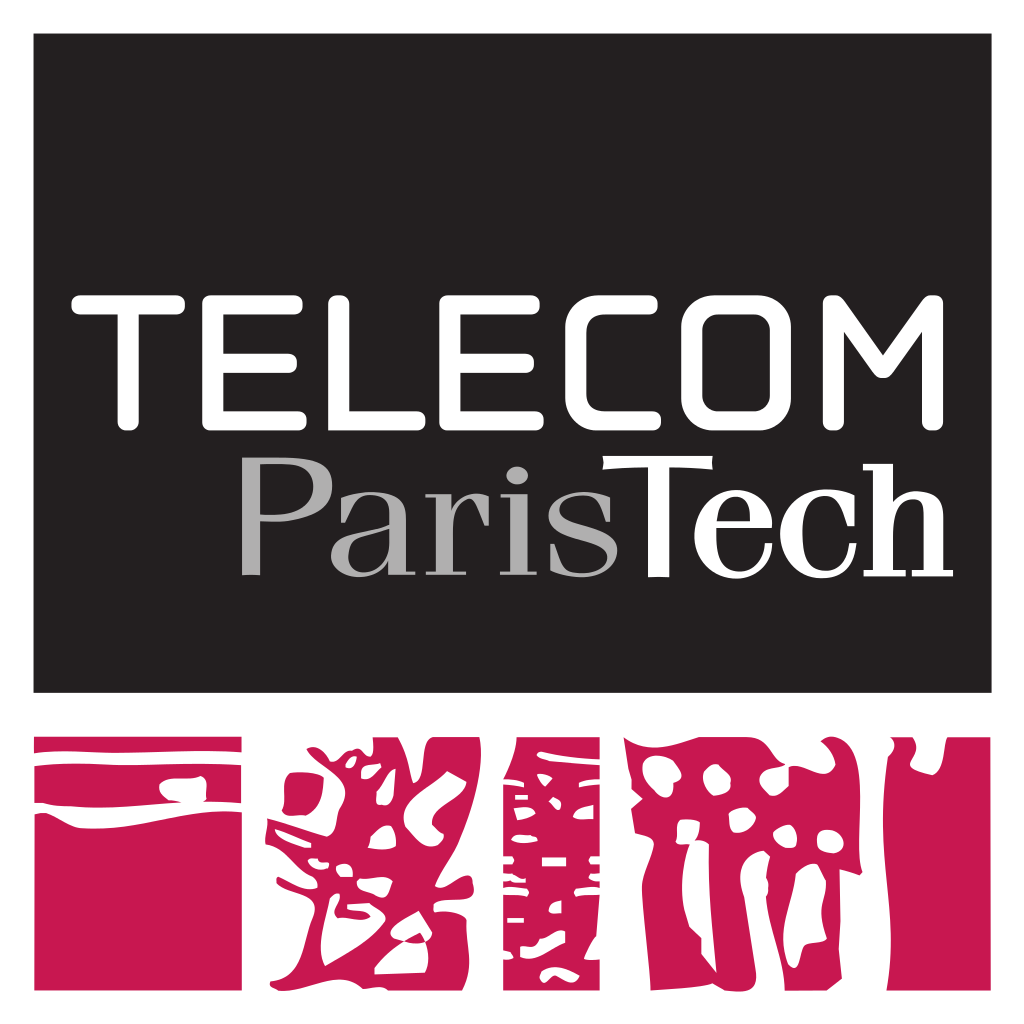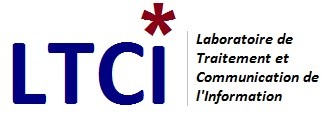1st Keynote Speaker

Prof. Pierangela Samarati
Department of Information Systems and Cyber Security
Università degli Studi di Milano
IEEE Fellow, ACM Distinguished Scientist
Topic: Data Security and Privacy in the Cloud
Abstract: The rapid advancements in Information and Communication Technologies (ICTs) have been greatly changing our society, with clear societal and economic benefits, towards to the realization of a ‘smart' society. At the heart of this evolution is the ability to collect, analyze, process and share an ever increasing amount of data, to extract knowledge for offering personalized and advanced services, typically relying on the cloud. A major concern, and potential obstacle, towards the full realization of such evolution, is represented by security and privacy issues. As a matter of fact, the (actual or perceived) loss of control over data and potential compromise of their confidentiality can have a strong detrimental impact on the realization of an open framework for enabling the collection, processing, and sharing of data, typically stored or processed by external cloud services. In this talk, I will illustrate some security and privacy issues arising in cloud scenarios, focusing in particular on the problem of managing data in the cloud while guaranteeing confidentiality and integrity of data stored or processed by external providers.
Bio: Dr. Pierangela Samarati is a Professor at the Department of Computer Science of the Universita' degli Studi di Milano, Italy. Her main research interests are on data and applications security and privacy, especially in emerging scenarios. She has participated in several projects involving different aspects of information protection. On these topics, she has published more than 260 peer-reviewed articles in international journals, conference proceedings, and book chapters. She has been Computer Scientist in the Computer Science Laboratory at SRI, CA (USA). She has been a visiting researcher at the Computer Science Department of Stanford University, CA (USA), and at the Center for Secure Information Systems of George Mason University, VA (USA).
She is the chair of the IEEE Systems Council Technical Committee on Security and Privacy in Complex Information Systems (TCSPCIS), of the ERCIM Security and Trust Management Working Group (STM), and of the ACM Workshop on Privacy in the Electronic Society (WPES). She is a member of several steering committees. She is ACM Distinguished Scientist (named 2009) and IEEE Fellow (named 2012). She has received the IEEE Computer Society Technical Achievement Award (2016). She has been awarded the IFIP TC11 Kristian Beckman Award (2008) and the IFIP WG 11.3 Outstanding Research Contributions Award (2012). She has served as General Chair, Program Chair, and program committee member of several international conferences and workshops.
2nd Keynote Speaker

Prof. Gerard Memmi
Department of the network and computer science
Telecom-ParisTech
Topic: Cyber Security of Connectivity in Smart Cities – It Is Today
Abstract: The city of tomorrow will be intensively connected through sensors and actuators, smartphones, communication networks, data centers to deliver the many services (traditional or innovative) requested by a citizen ever more demanding. All these elements or objects will be (or are already) 'intelligent': they continuously know how to create or collect data, exchange them, aggregate them, classify them and act (almost) autonomously; they will be plethoric (75 billion in the world around 2025). A central issue is scaling up (cities continue to grow and will soon represent 65% of the world's population). More and more users, more machines, more data (we are already at 33x10 ^ 21 bytes circulating in the world of the internet) demand to regularly review a large number of needs in the first rank of which: performance, latency, consumption energy or resilience. The scaling up exacerbates the issues of reliability (there will always be an object down!) And heterogeneity (some objects do not interfere easily with each other, communications between objects are far from single standard!) Finally, these changes of scale increase vulnerability and risks (The more objects, the more data, the more vulnerability, the more users there are, the more likely it is that one of them is negligent or malicious). The surface of exposure to the most diverse attacks (ranging from mere curiosity to malevolence, unauthorized access to information or material until their destruction) is constantly being solicited. Cybersecurity covers all the measures to defend against such attacks of a digital nature. It will assess risks, develop detection and protection methods by attempting to keep attacked information intact, as widely as possible and accessible only to authorized users.
Bio: Gerard Memmi is currently is professor and Head of the Networks and Computer Science Department at Telecom-ParisTech since 2009. He is member of the executive board of the IRT SystemX since 2012. Before joining Telecom-ParisTech, Gerard Memmi held various executive positions in American start-ups. He succeeded in delivering the industry’s best-in-class equivalency checker used to verify electronic design; and focused on improving its architecture and performances. While founding and developing the Applied Research Laboratory for Groupe Bull in the US, he was honored as Principal Investigator for a DARPA grant on Collaborative Software. He has over 80 publications including patents, co-authored a book, gave key notes presentations in international conferences. He is holding a these d’Etat in Computer Science from Universite Pierre et Marie Curie, Paris. Gérard Memmi is constantly involved in the development of key scientific and industrial partnership. Today, his main scientific topics of interest are about data protection and privacy, energy profiling of software programs, and verification of distributed systems.










